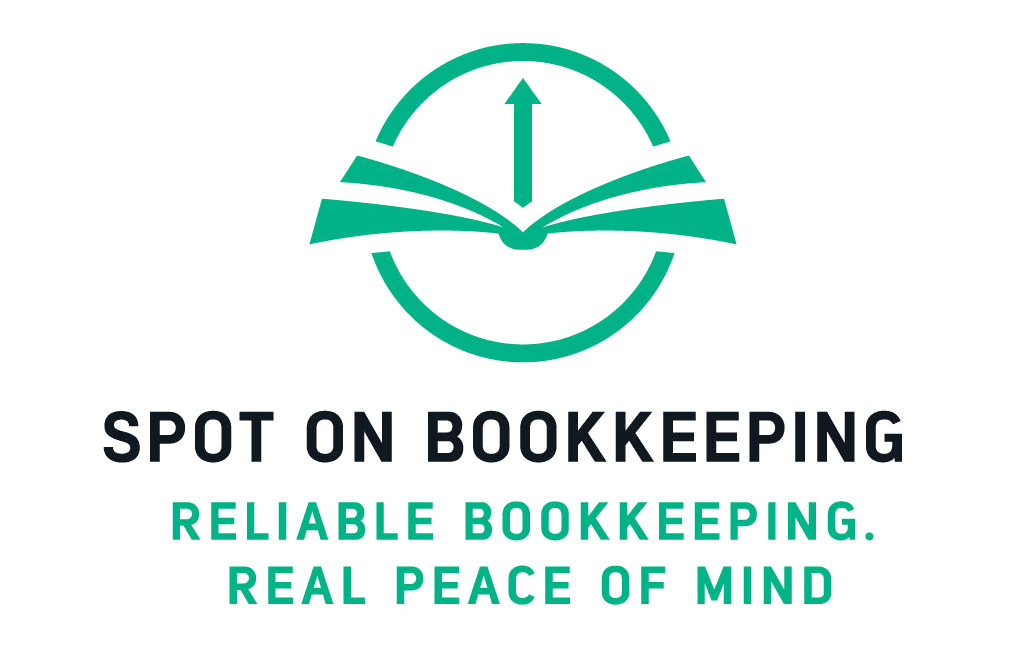The Hidden Costs of Messy Books
As tax season approaches, many Capital District small business owners discover their bookkeeping has fallen behind, creating a scramble to organize months of receipts, invoices, and financial records. This reactive approach to book cleanup not only creates stress but can cost significantly more than maintaining organized records throughout the year. Professional book cleanup services become essential when your financial records need restoration before tax filing.
The cost of disorganized books extends far beyond the time spent sorting through paperwork. Incomplete or inaccurate records can result in missed deductions, compliance issues, and penalties that could have been easily avoided with proper bookkeeping services throughout the year. Understanding what book cleanup involves and when to seek professional help can save your business thousands of dollars and countless hours of frustration.
Recognizing When Your Books Need Professional Attention
Several warning signs indicate your books require immediate cleanup before tax season. These include months of unreconciled bank statements, piles of unsorted receipts, missing invoices or expense documentation, inconsistent recording methods, or significant discrepancies between your records and bank balances. The longer these issues persist, the more complex and expensive the cleanup process becomes.
Consider a Capital District restaurant that operated for eight months using a shoebox method for expense tracking. When they attempted year-end tax preparation, they faced 240 hours of sorting receipts, reconstructing missing records, and correcting duplicate entries. Professional book cleanup reduced this to a manageable two-week process while ensuring accuracy and compliance.
The Systematic Approach to Financial Record Restoration
Professional book cleanup follows a systematic methodology that ensures nothing is overlooked. This process begins with gathering all financial documents, including bank statements, credit card statements, receipts, invoices, and payroll records. Each document is then categorized, verified, and entered into the accounting system using consistent methods that support future tax preparation and financial reporting.
The cleanup process includes reconciling all accounts to ensure accuracy, identifying and correcting duplicate entries, categorizing expenses according to tax-deductible classifications, and creating a organized filing system for ongoing maintenance. This foundation allows for accurate financial reporting and simplified tax preparation going forward.
Maximizing Deductions Through Proper Organization
One of the most valuable aspects of professional book cleanup is the identification of previously missed tax deductions. Disorganized records often hide legitimate business expenses that can significantly reduce tax liability. Professional bookkeepers know which expenses qualify for deductions and ensure they are properly documented and categorized to withstand IRS scrutiny.
Common overlooked deductions include home office expenses, vehicle usage, professional development costs, equipment depreciation, and business-related meals and entertainment. A thorough book cleanup often recovers enough additional deductions to offset the cost of professional services while establishing systems to capture these deductions going forward.
Establishing Systems to Prevent Future Cleanup Needs
The goal of professional book cleanup extends beyond fixing past problems to establishing systems that prevent future issues. This includes setting up efficient recording procedures, creating organized filing systems, establishing regular reconciliation schedules, and implementing approval processes for expense documentation. These systems reduce the ongoing time investment required for bookkeeping while ensuring accuracy.
Modern bookkeeping technology plays a crucial role in preventing future cleanup needs. Cloud-based accounting systems can automatically categorize many transactions, connect directly to bank accounts for real-time reconciliation, and create organized digital filing systems. Professional setup of these systems during the cleanup process maximizes their effectiveness.
The Time Investment That Saves Time
Many business owners hesitate to invest in professional book cleanup because they underestimate the time required to do it properly themselves. However, attempting DIY cleanup without proper expertise often leads to mistakes that create more problems than they solve. Professional cleanup typically takes a fraction of the time while delivering superior accuracy and compliance.
The time saved through professional cleanup allows business owners to focus on revenue-generating activities rather than wrestling with financial paperwork. This opportunity cost often makes professional cleanup services a profitable investment, even without considering the improved accuracy and reduced stress they provide.
Preparing for Success Beyond Tax Season
Professional book cleanup provides benefits that extend far beyond tax preparation. Clean, organized books enable better business decision-making through accurate financial reporting, improved cash flow management, and clearer understanding of profitability by product line or service. This foundation supports business growth and long-term success.
When your books are properly organized, you gain the ability to track key performance metrics, identify trends that affect profitability, and make informed decisions about pricing, staffing, and growth investments. This strategic value far exceeds the initial investment in cleanup services.
Don't let disorganized books create unnecessary stress and expense during tax season. Contact Spot On Bookkeeping at (518) 703-7727 to learn how professional book cleanup services can restore order to your financial records while establishing systems for ongoing success. From cleanup to ongoing maintenance, we help Capital District businesses build the financial foundation they need to thrive.
